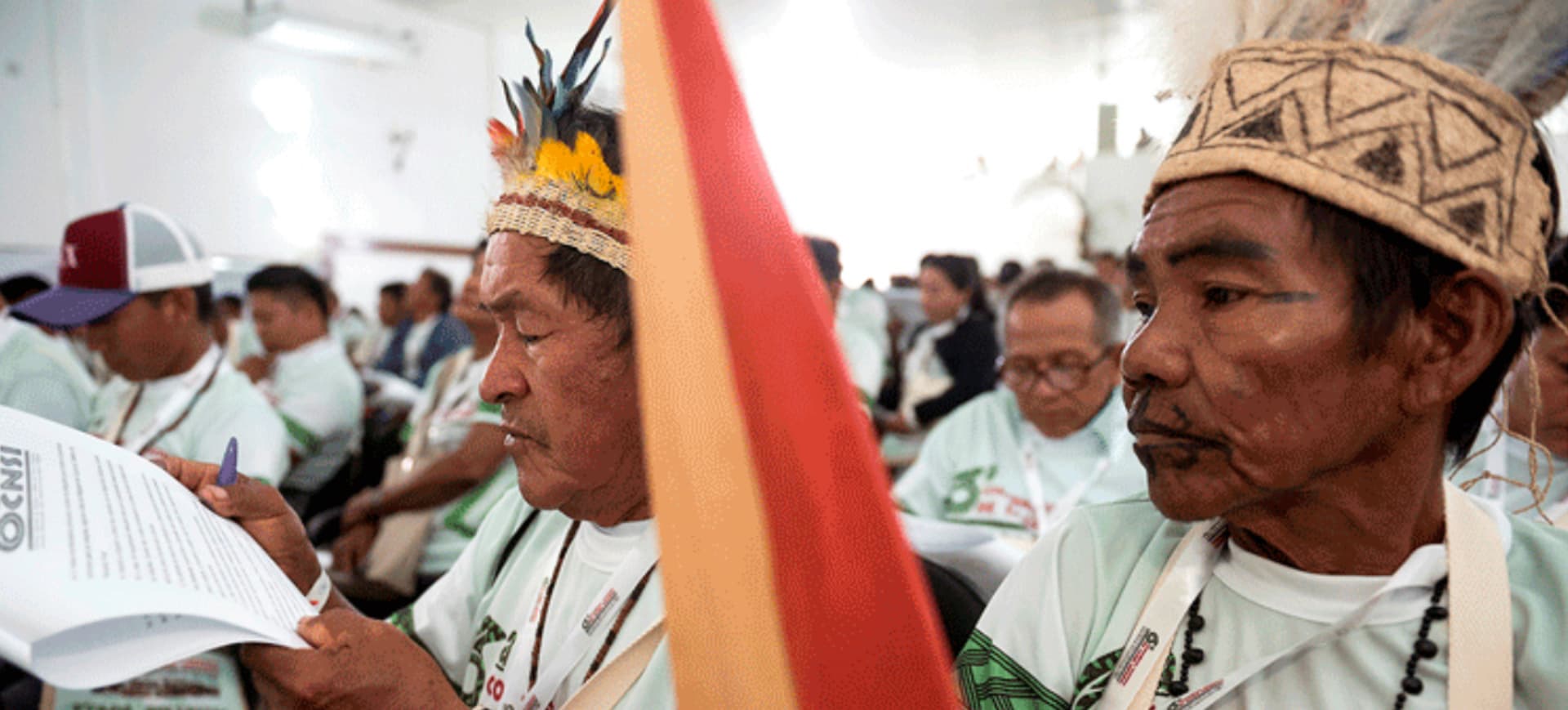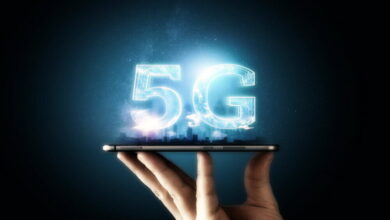
An offshoot of a government service created in 1910 is currently responsible for supporting indigenous leaders in Brazil for training in health and education. SESAI (Special Secretariat for Indigenous Health) is a department of the Ministry of Health inspired by other initiatives such as the SPI (Indian Protection Service), created by Marechal Rondon in 1910.
Other governmental organizations are involved in the context of the indigenous population (such as FUNAI). However, it is SESAI that had to reinvent itself with the pandemic and used online education to train indigenous health workers and advance vaccination.
SESAI’s work highlighted the training of indigenous leaders
The secretary, Robson Santos Silva, presented how the training and online education work were carried out by the organization on the 27th. CIAED (International Congress on Distance Education).
SESAI serves 761 thousand indigenous people in Brazil, with a universe of 274 languages. “Out of around 400,000 people involved with SESAI, we have 20,000 indigenous workers,” says the secretary. To train these professionals, more than 300 internet points available by the Secretariat were used. “Another 600 will come via GESAC (Electronic Government – Citizen Assistance Service)”, declared Silva.
The internet points are located in the 35 Special Indigenous Health Districts (DSEI). “Most indigenous people, however, now have a smartphone, albeit a very basic one,” says the leader.
Training has broad themes
The training of indigenous professionals is not restricted to health information only. “We talk about entrepreneurship and other topics, because it is important to open up opportunities for this population”, argues the secretary. “There are communities where the lack of opportunities for young people has generated new problems such as depression, alcoholism and suicide, reversing this scenario with online education is very important”.
There are different profiles of indigenous peoples, which must be taken into account when offering opportunities. “There are still groups that are of recent contact or isolated, in this case, it is important to respect their traditions”, he says. “Indigenous people have a great spiritual evolution and a respect for community life, and we need to help them access the health services that can be offered”.
With the support of indigenous professionals on the front lines of the fight against the pandemic, SESAI managed to vaccinate 91% of the population with the first dose of the vaccine. About 89% of indigenous people also already have the second dose.
Although the numbers represent a good result, SESAI still fights for a greater presence of indigenous population in its staff. With this movement, the SASI SUS (Subsystem of Indigenous Health Care of the SUS) will be able to act even more definitively within the Brazilian indigenous population.



